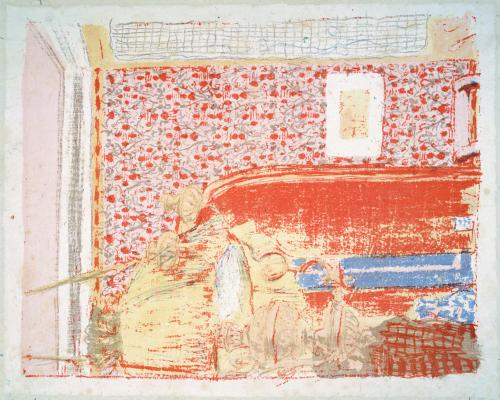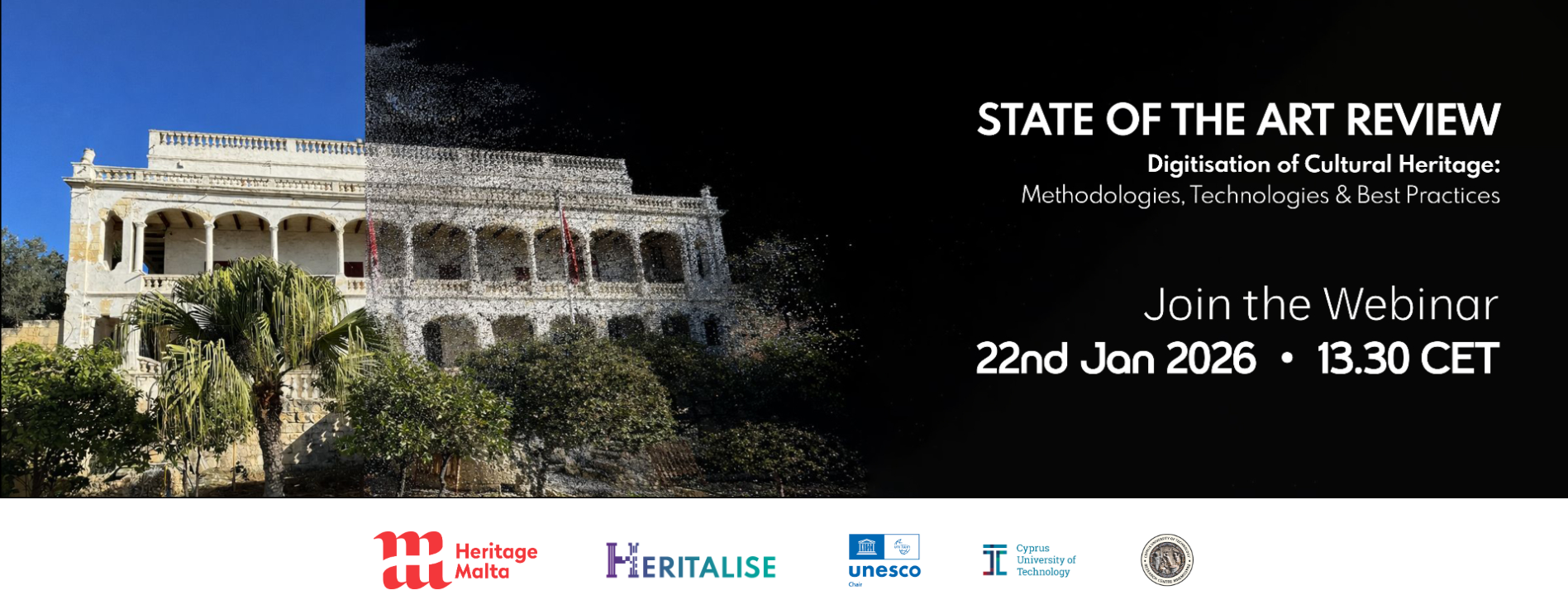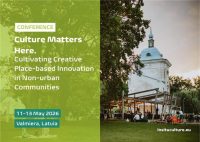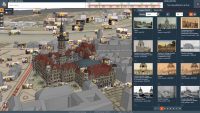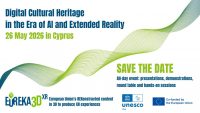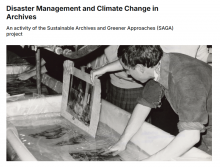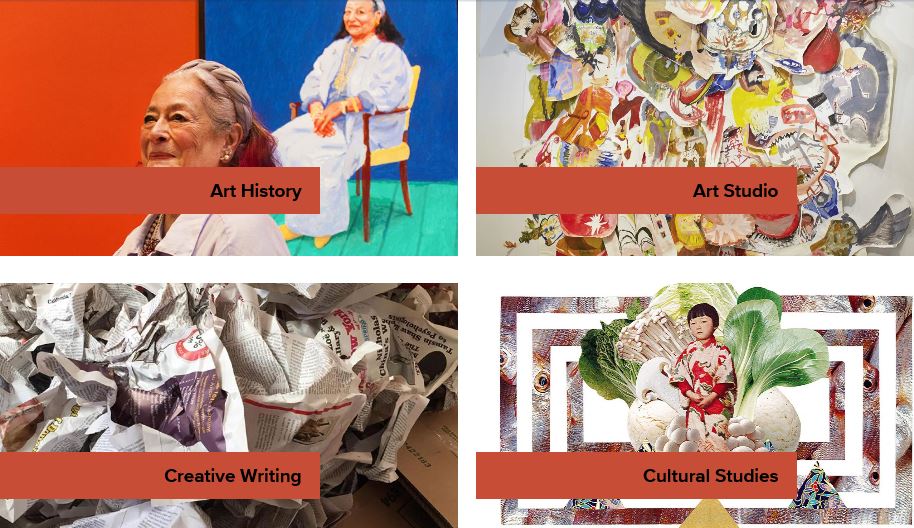 The Arts & Humanities 2020 Graduate Exhibition, the annual exhibition of the UC Davis graduate students, is an essential component of the Master of Fine Arts programs in art studio and design and is also open to visual, performing, and literary arts graduates within the College of Letters and Science.
The Arts & Humanities 2020 Graduate Exhibition, the annual exhibition of the UC Davis graduate students, is an essential component of the Master of Fine Arts programs in art studio and design and is also open to visual, performing, and literary arts graduates within the College of Letters and Science.
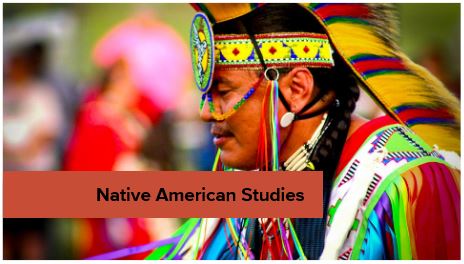 Every year it is held at the Jan Shrem and Maria Manetti Shrem Museum of Art, but in the particular situation caused by the COVID-19 pandemic, for the first time it is taking place digitally on the museum’s website.
Every year it is held at the Jan Shrem and Maria Manetti Shrem Museum of Art, but in the particular situation caused by the COVID-19 pandemic, for the first time it is taking place digitally on the museum’s website.
From May 28 to June 14, thirty arts and students from the disciplines of art history, art studio, creative writing, cultural studies, design, music, native American studies present their works in a virtual exhibition.

The works include wide range of topics and techniques and each student had used a different approach in creating and presenting their work.
Web galleries include photographs and videos of art as well as audio recordings, and recorded presentations of research and theses and written statements.
As in previous years, most of the participants are from the studio art program and design department.
A virtual opening celebration was held online the 28th May and it included welcome remarks and the announcement of the Keister & Allen Art Purchase Prize for studio art and the Savageau Award for design.


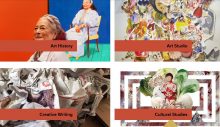
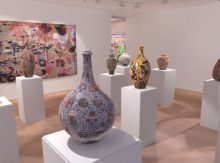
 The entrepreneur Oliver Miro, with decades of sales experience in the family art gallery, has launched an extended reality platform that offers to private galleries the opportunity to virtually reproduce their spaces, adapting the artworks here displayed. This new tool not only allows galleries to be visited virtually, but represents a new way of conceiving the art market. In fact, collectors can use virtual reality to simulate the effect that the artwork they intend to buy produces inside their own homes. The collector is then able to decide whether to buy or not the artwork without moving it from the art gallery.
The entrepreneur Oliver Miro, with decades of sales experience in the family art gallery, has launched an extended reality platform that offers to private galleries the opportunity to virtually reproduce their spaces, adapting the artworks here displayed. This new tool not only allows galleries to be visited virtually, but represents a new way of conceiving the art market. In fact, collectors can use virtual reality to simulate the effect that the artwork they intend to buy produces inside their own homes. The collector is then able to decide whether to buy or not the artwork without moving it from the art gallery.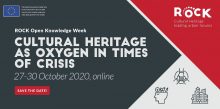
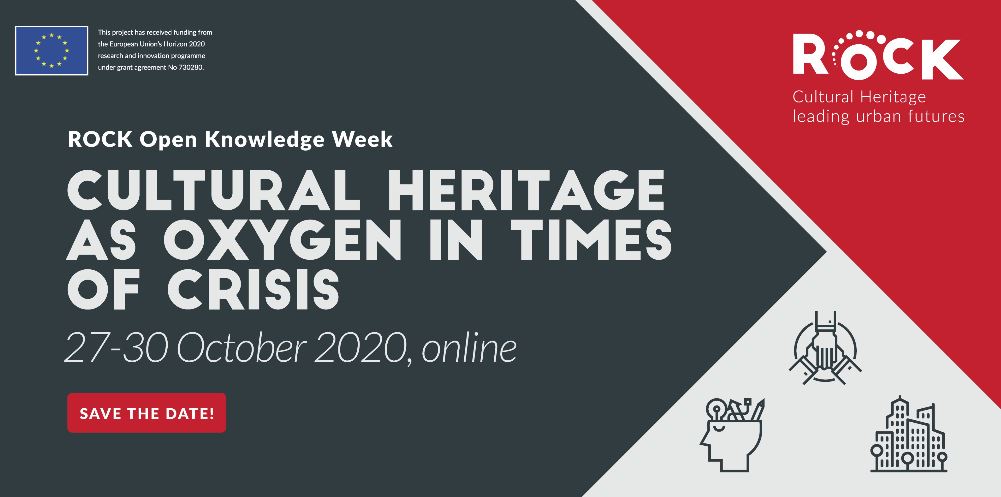
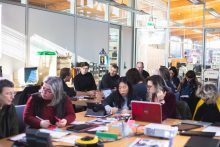
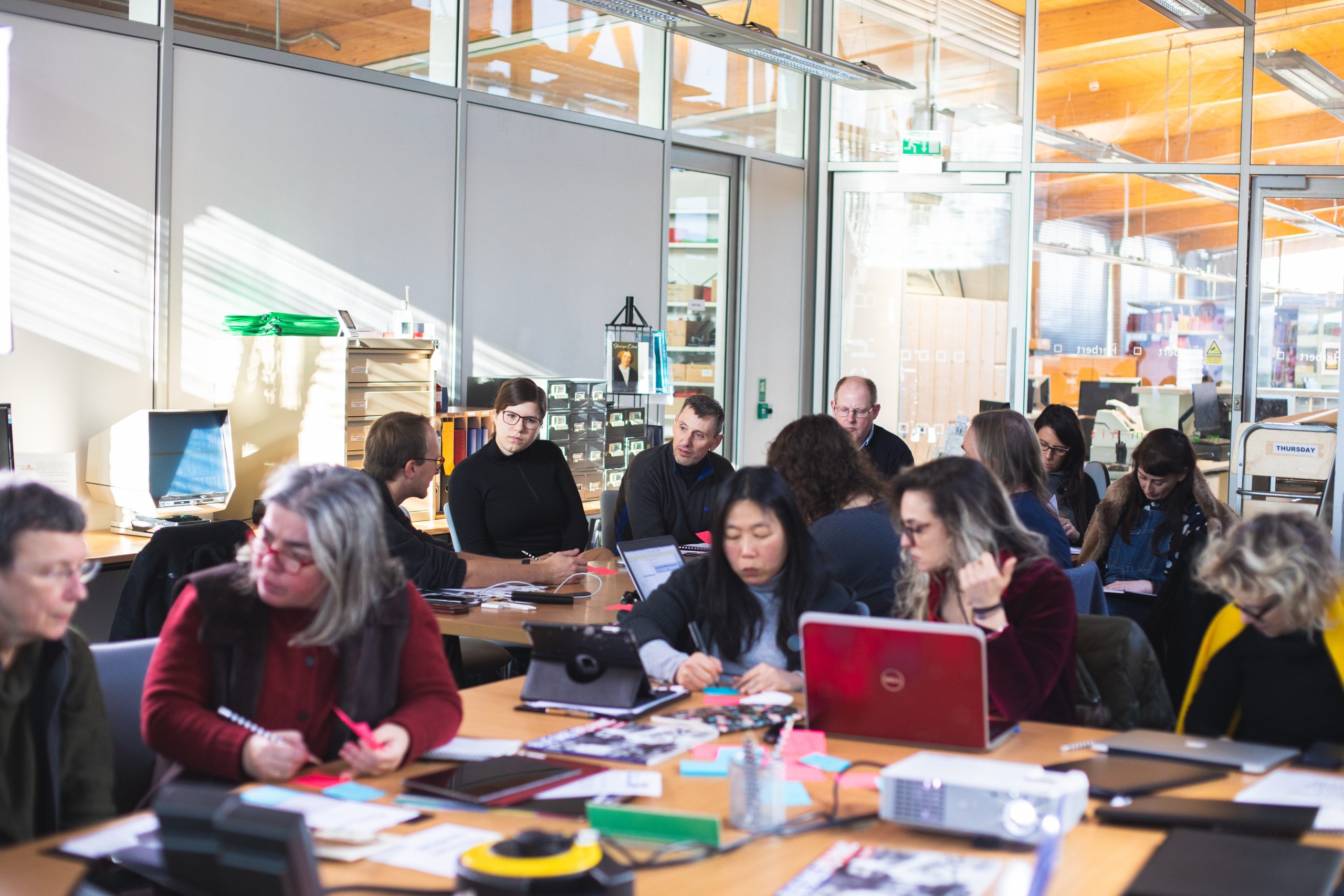 The project
The project 
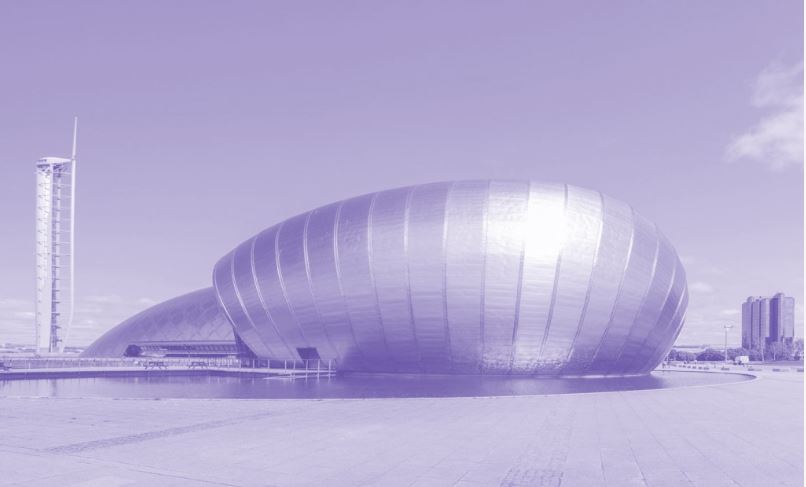 Reimagining Museums for Climate Action asks designers, architects, academics, artists, poets, philosophers, museum professionals and the public at large to radically (re)imagine and (re)design the museum as an institution, to help bring about more equitable and sustainable futures in the climate change era. The competition aims to explore how museums can help society transform to a low carbon future, adapt to the impacts of climate change, and safeguard ecosystems.
Reimagining Museums for Climate Action asks designers, architects, academics, artists, poets, philosophers, museum professionals and the public at large to radically (re)imagine and (re)design the museum as an institution, to help bring about more equitable and sustainable futures in the climate change era. The competition aims to explore how museums can help society transform to a low carbon future, adapt to the impacts of climate change, and safeguard ecosystems.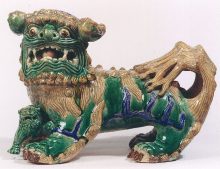
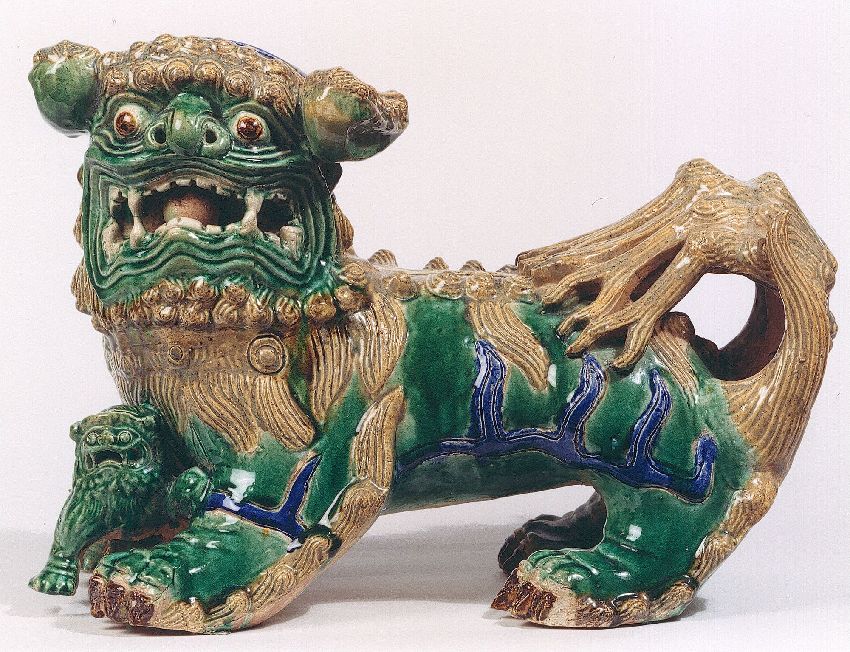
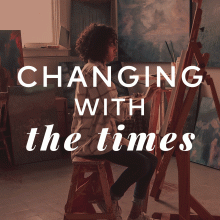
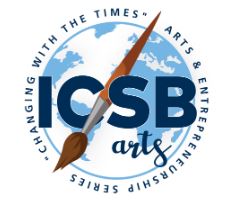
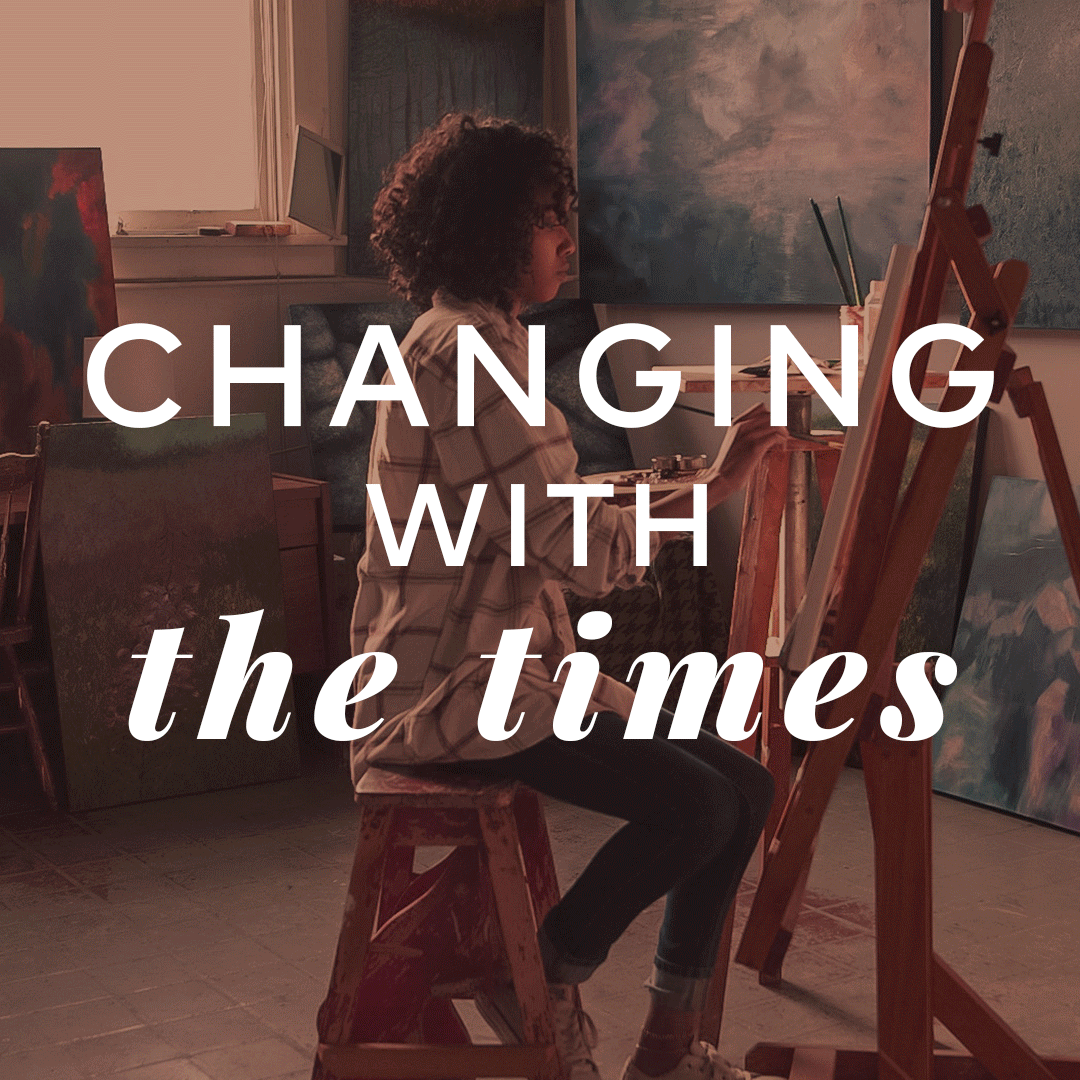

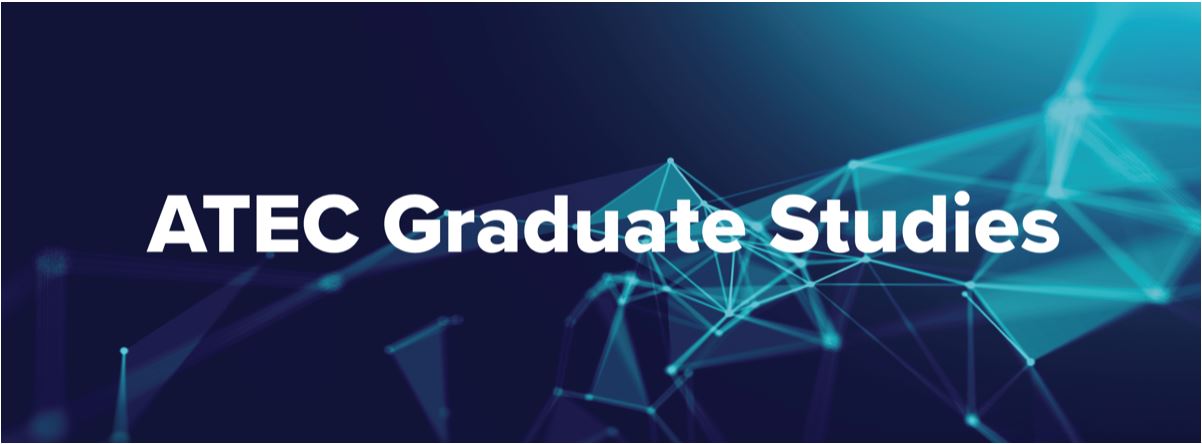 Do you appreciate the opportunities of cross-disciplinary education?
Do you appreciate the opportunities of cross-disciplinary education?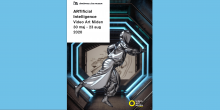
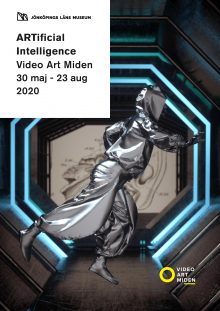 The video art selection, curated by Gioula Papadopoulou (art director and curator of Video Art Miden) presents 8 works that deal with various concepts concerning the “homo digitalis” era and artificial intelligence, exploring the physical detachment and the gradual digitalization and virtualization of our world, our societies and our minds.
The video art selection, curated by Gioula Papadopoulou (art director and curator of Video Art Miden) presents 8 works that deal with various concepts concerning the “homo digitalis” era and artificial intelligence, exploring the physical detachment and the gradual digitalization and virtualization of our world, our societies and our minds.







